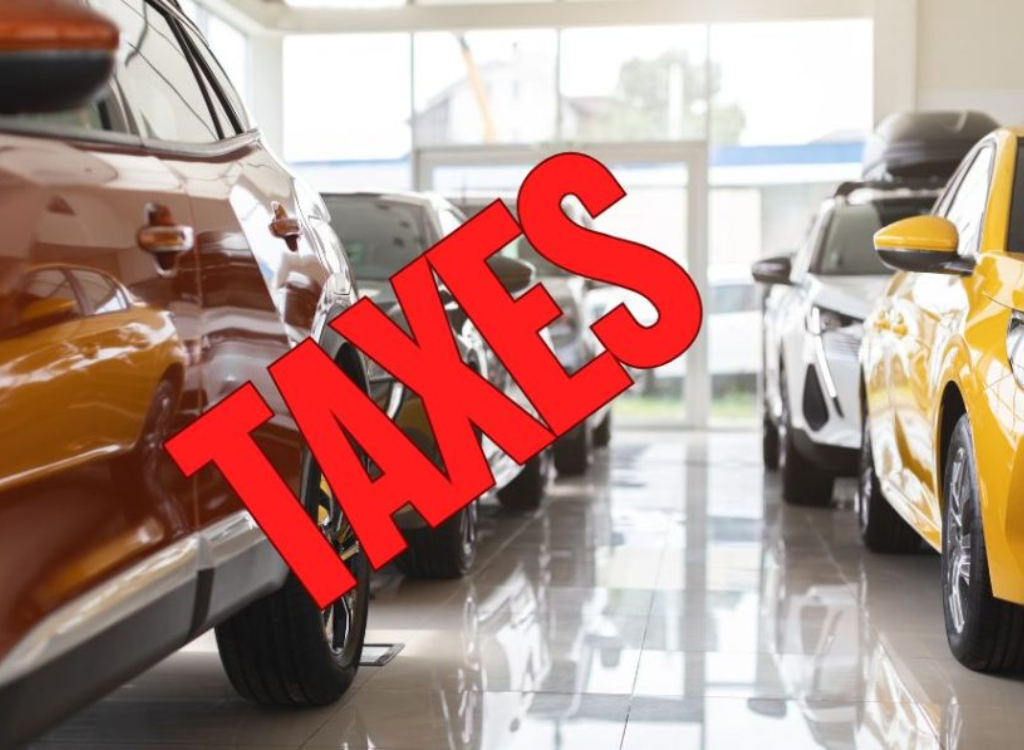Vehicle importers have raised concerns over the lack of significant demand in the market despite the relaxation of the vehicle import ban in Sri Lanka.
Industry stakeholders claim that high taxation on vehicle imports has led to steep price increases, deterring average consumers from making purchases.
According to representatives from the vehicle import sector, the prevailing tax structure has created a market that caters primarily to the affluent, with middle-class consumers increasingly priced out of ownership.
“Only a few high-end vehicles, typically purchased by wealthy individuals, are currently being sold. Sales in the mid-range and budget segments, which traditionally served the middle class, have seen a drastic decline,” one importer said.
Importers argue that the government’s decision to impose heavy duties on vehicles aimed at curbing foreign exchange outflow has had unintended consequences, including a downturn in overall market activity.
The lack of affordability, they say, is contributing to a sluggish recovery in the sector.
The downturn in vehicle sales may also have broader implications for the government’s fiscal projections.
Industry sources warn that if current trends persist, there is a strong likelihood that anticipated tax revenue from vehicle imports will fall short of expectations.
“Tax revenue from imports was seen as a key component of the government’s financial recovery plan, but without consumer demand, those targets are now at serious risk,” an analyst said.
Industry analysts now suggest that unless a more balanced tax policy is adopted, the expected benefits of reopening the market may not materialize.











Leave a comment